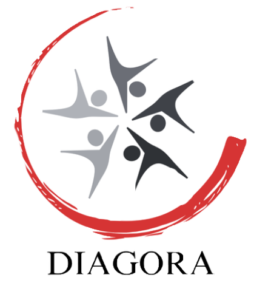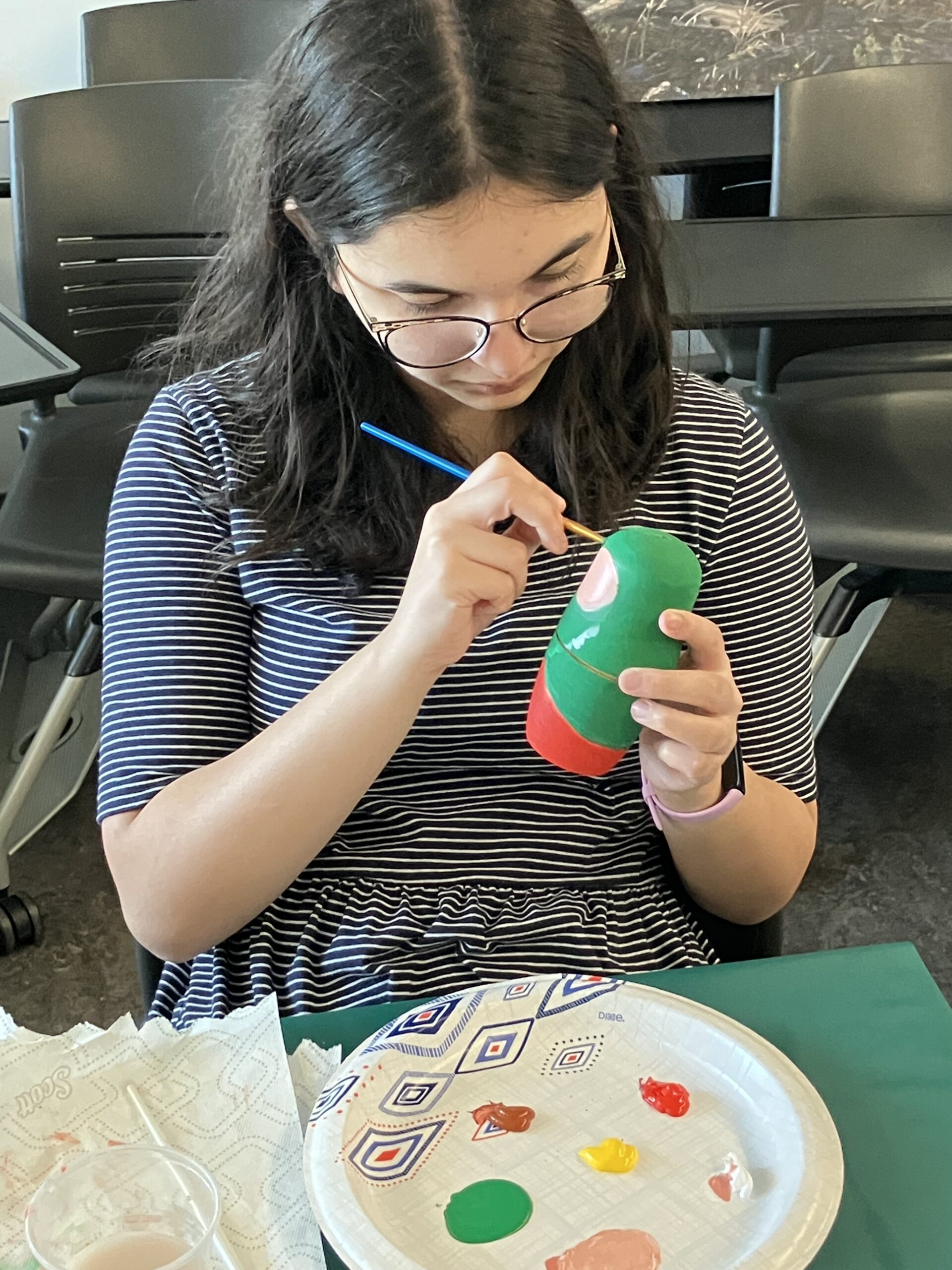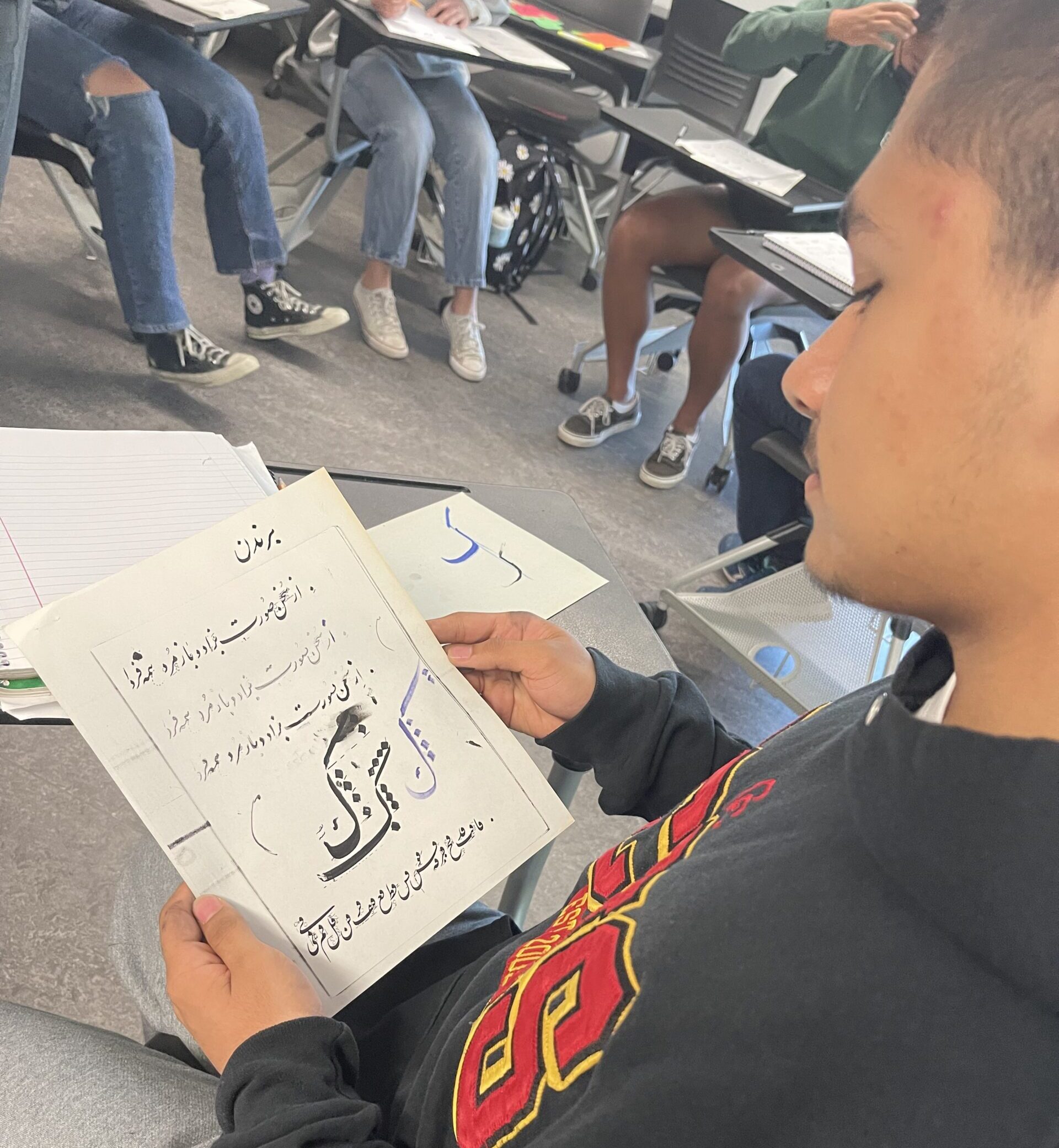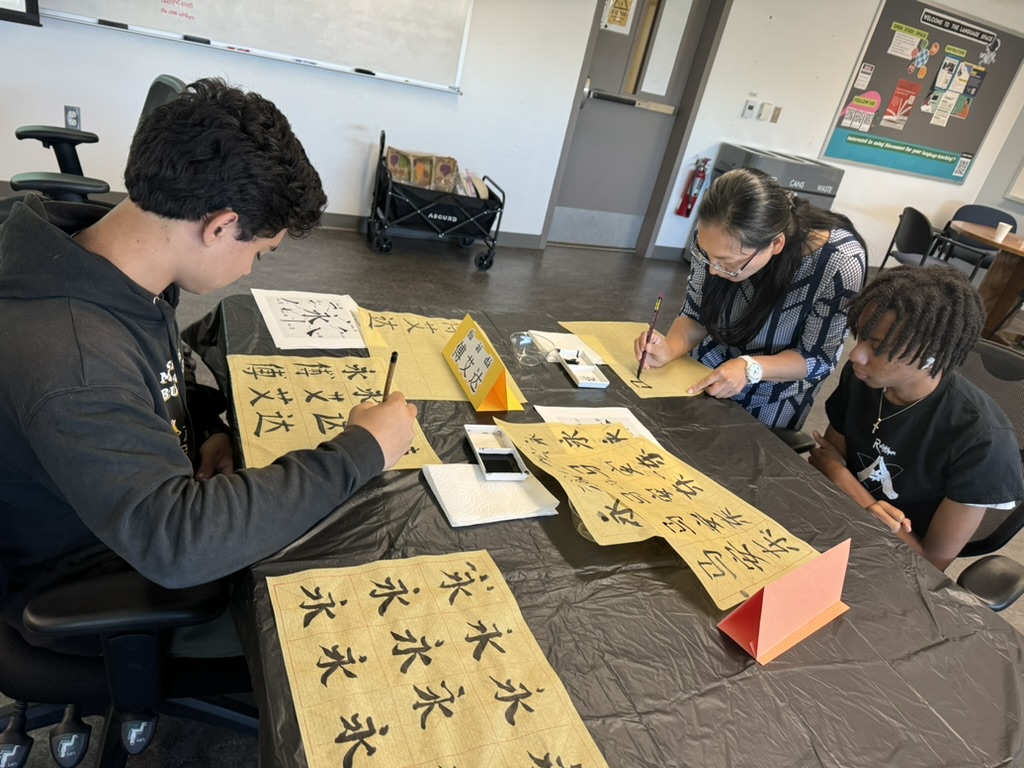Welcome to the Diagora Project!
 The Language Acquisition Resource Center at San Diego State University (LARC/SDSU) has embarked on a new, multi-year project: The Diagora project.
The Language Acquisition Resource Center at San Diego State University (LARC/SDSU) has embarked on a new, multi-year project: The Diagora project.
Our center has a proud history of offering intensive language courses tailored for specific purposes. Our mission is to provide high-quality language education to a diverse audience, including middle and high school students, professionals, and speakers of less commonly taught languages.
Our primary objectives encompass:
- Language Camps: We offer language learning opportunities to middle and high school students to enhance their language skills, preparing them for college and professional life.
- Language Professionalization: We provide specialized, short and intensive language courses tailored for professionals. These courses are ideal for those who already speak their parents’ language or have lived in a country during their early years and acquired its official language. Our courses are designed and customized to cover various fields such as medicine, business, commerce, and law.
- Language Enrichment: We assist speakers of Indigenous languages and less common languages in revitalizing, activating, and improving their command of their mother tongue.
Leveraging our wealth of experience gained over the past 30 years through various programs, including the Language Training Center (LTC), Project Global Officers (Project GO), STARTALK, and SAILN, we possess the necessary expertise, knowledge, and proven methodologies to successfully lead this initiative. Our team comprises a diverse, multilingual team that collaborates with partners on and off campus to promote and engage in language teaching-and-learning practice, policy, and research.
At SDSU-LARC, we have helped, and continue to help, speakers of these languages we teach to be prepared to teach their first language, when they are hired. Active and ongoing professional development provided to all our teachers based on the California Language Teaching Standards.
For more information, please contact:
- Iman Bakour-Aziz
- Email address: larc-diagora@sdsu.edu
- Phone number: 619-594-9423
Or visit the Contact Us page
What We Offer:
Professionalization
More information coming soon
Enrichment
More information coming soon



